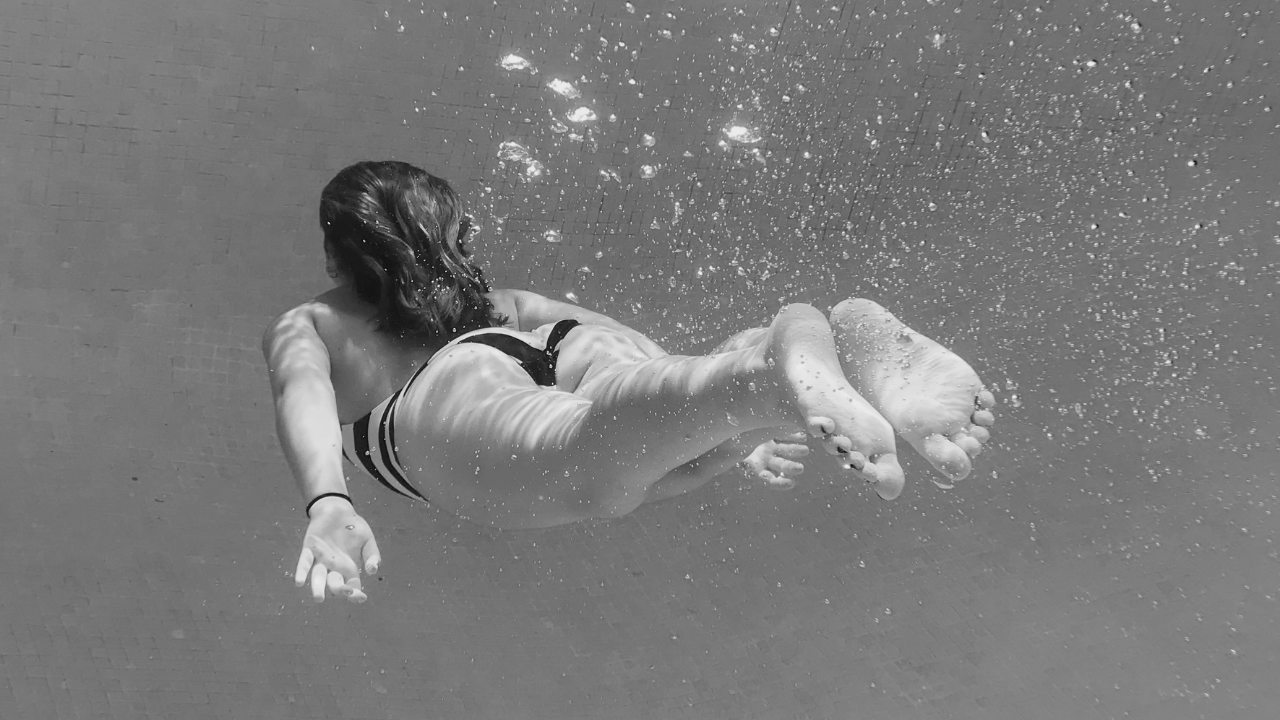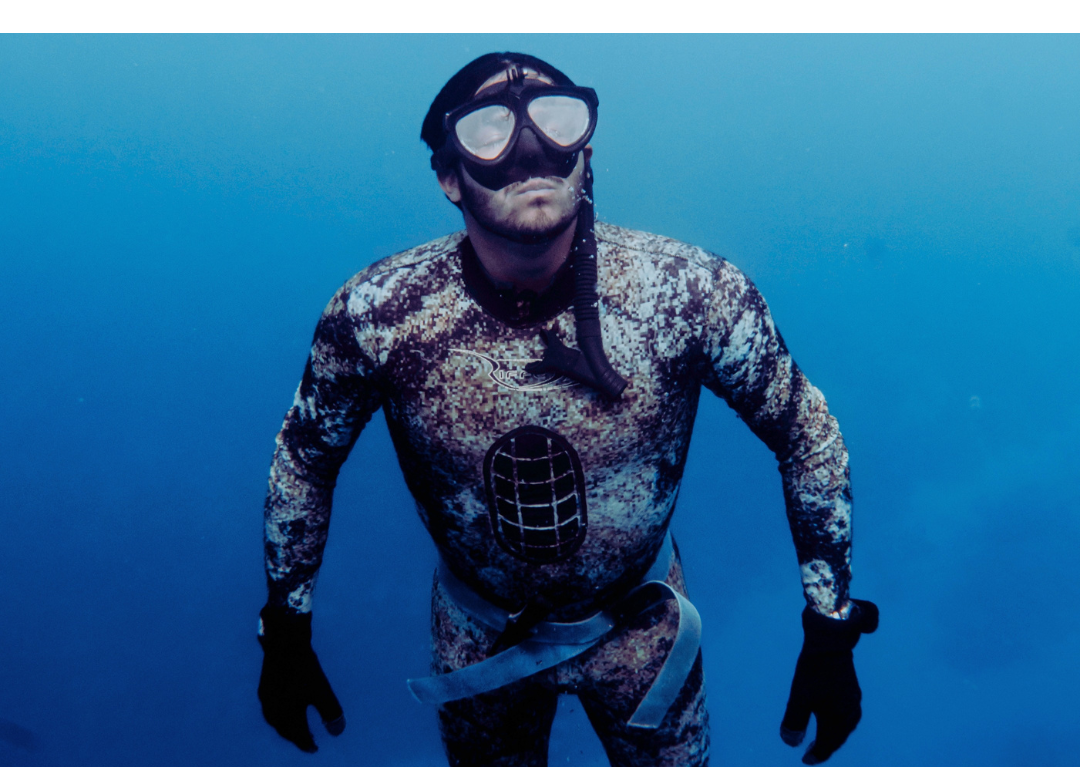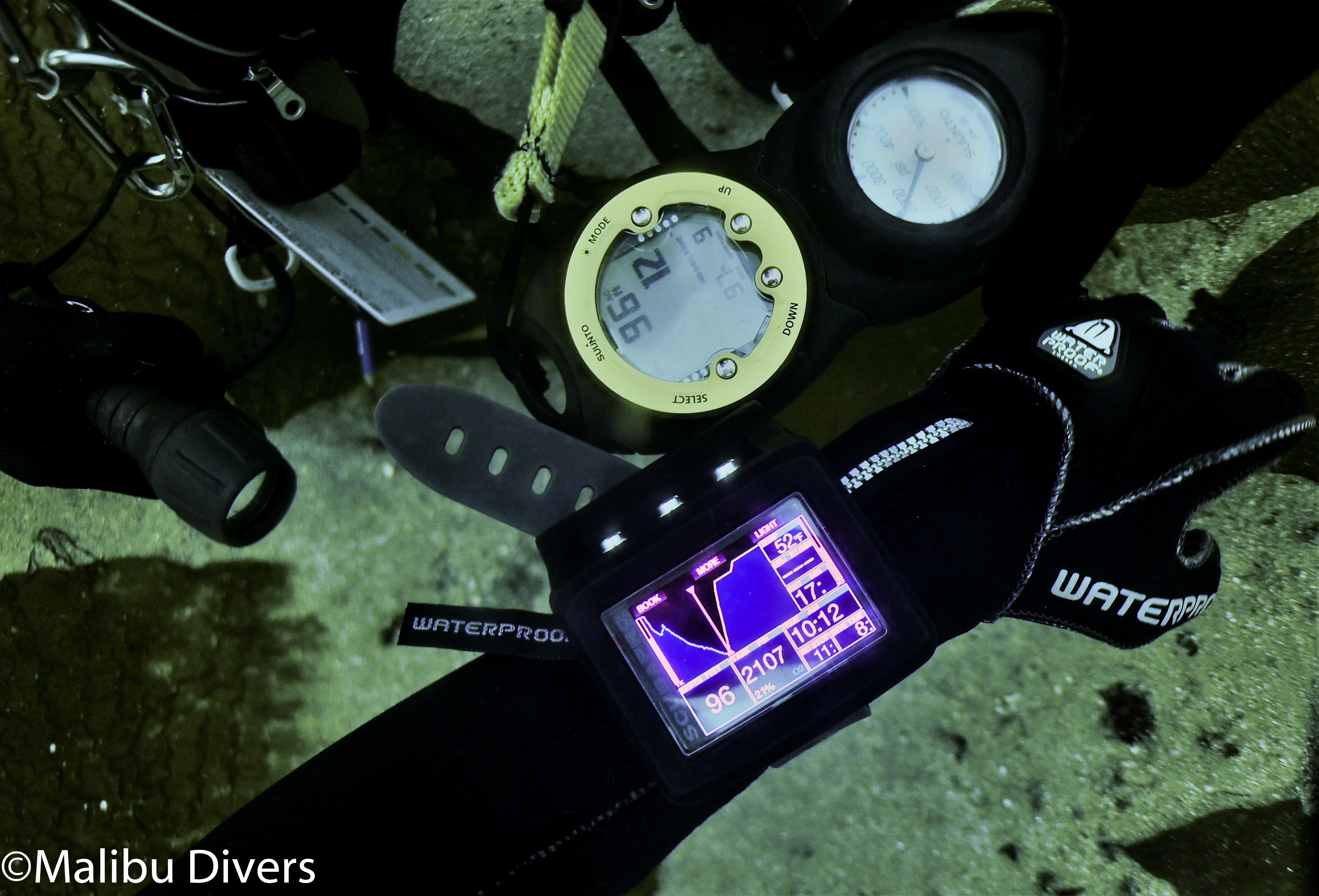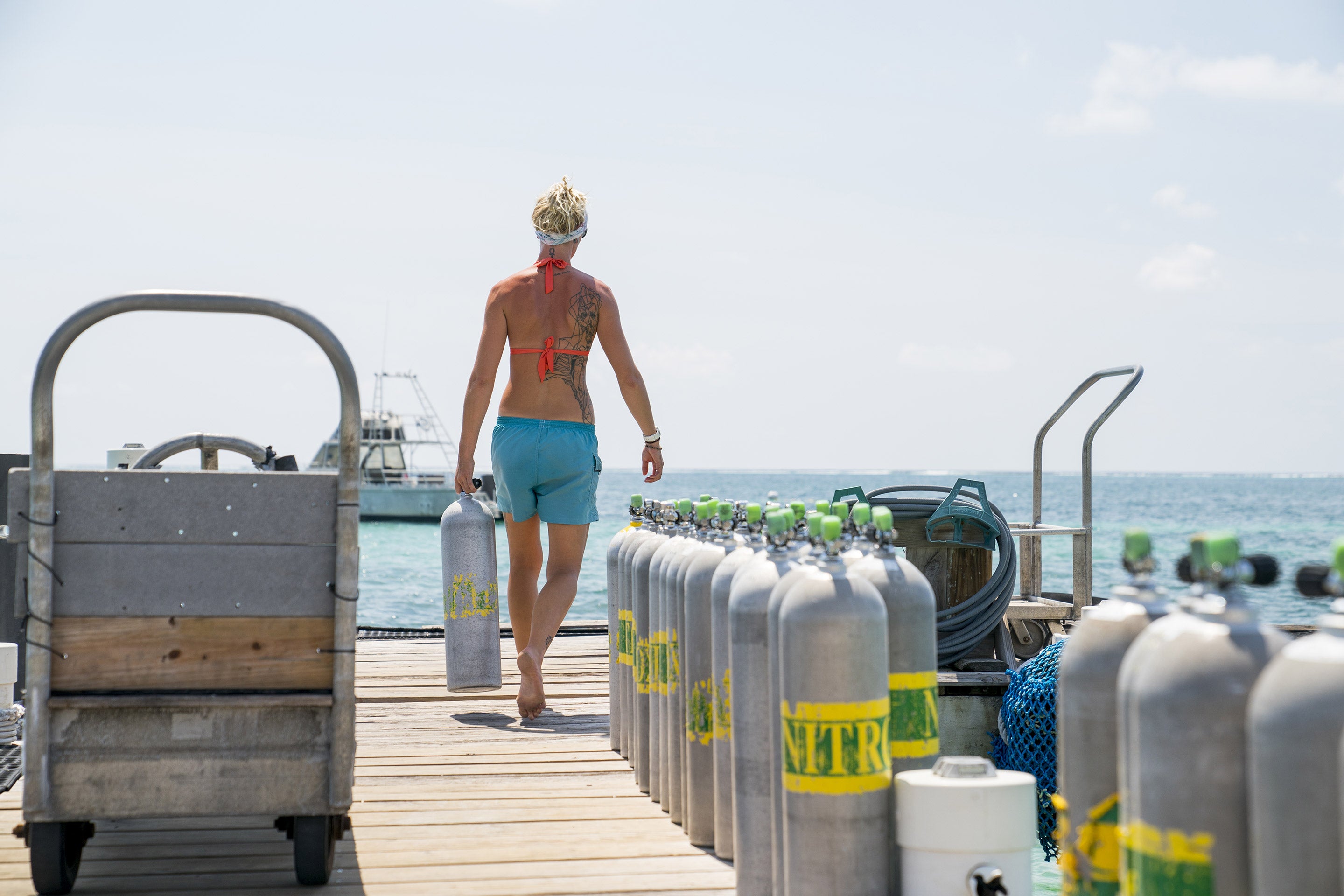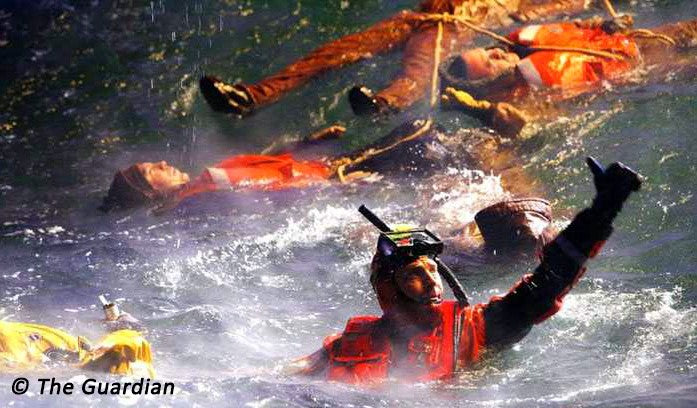Deep News
- All
- acoustic modeling
- Advanced Open Water
- advantages for life
- adventure
- Adventure Diver
- AED
- AIDA
- Algae Bloom
- Anacapa Island
- apnea
- Astronomy
- awareness
- beach blanket bingo
- breath hold
- buoyancy
- California
- California lobster
- cardiac health
- catalina
- catching fish
- CDFW
- cell phone
- Channel Islands
- children scuba divers
- CMAS
- colds
- comfortable and confident
- Con Ed
- confidence
- connection
- conservation
- coronavirus
- covid-19
- CPR
- curiosity
- damage
- DAN
- deep-sea mining
- dehydration
- Dive careers
- dive computer
- dive destinations
- Dive Innovation
- dive local
- Dive Smart
- dive training
- dive travel
- divemaster
- divers
- Divers Alert Network
- diving
- Diving competence
- diving for lobster
- Diving safety
- diving skills
- Diving Wonders
- dolphins
- dream job
- Drowning
- drysuit
- drysuits
- EANx
- Economic Uncertainty
- EFR
- EFR Instructor
- Emergency
- enriched air
- enriched air diving
- Entertainment Industry
- Environmental stewardship
- excellence
- exposure suits
- fail
- family dive vacation
- fear
- female divers
- First Aid
- Fishing license
- fitness
- flu
- free diving
- freedivers
- freediving
- Freediving competitions
- FreedivingTips
- giant sea bass
- Gidget
- hawaii
- health
- heart
- heat loss
- hooded vests
- humpback whales
- hypothermia
- IDC
- immersion diuresis
- improve mental and physical health
- independence
- Instructor
- iphone®
- iphone® housing
- kelp
- krill
- lancetfish
- learn to dive
- Learning to dive
- Lloyd Bridges
- lobster
- lobster report card
- male divers
- Malibu
- Malibu beaches
- Mariana Trench
- marine biology
- marine ecosystems
- Marine Life
- mercury
- Mike Nelson
- Mount Wilson Observatory
- MPA
- nitrox
- No decompression sickness
- ocean
- ocean adventures
- Ocean Geology
- OceanExploration
- octopus
- odor
- oldest human remains
- Open-mindedness
- pacemaker
- PADI
- PADI Rescue
- passion
- Peace Dive Boat
- Peak Performance Buoyancy
- pee
- performance
- Personal growth
- Point Dume Marine Reserve
- precautions
- prepared diver
- Preservation
- Private beach ownership
- professional diver
- professional scuba diver
- protect
- Public beach access
- Quora Questions
- reactivate
- real-time whale detection
- red tide
- referral
- repetitive dives
- Rescue
- Rescue Diver
- safe fish
- safe to eat
- Safety
- Santa Rosa Island
- science
- scientific research
- SCUBA
- Scuba diving
- scuba diving health
- scuba diving safety
- scuba equipment
- scuba gear
- SCUBA lessons
- scuba safety
- Sea Hunt Legacy
- Sea lions
- sealife cameras
- Shared experiences
- spiny lobster
- SportDiver housing
- stroke
- summer vacation
- sunfish
- Tectonic Plate Exploration
- teenagers
- training
- travel
- Travel Dive Gear
- try freediving
- try scuba diving
- tune-up
- underwater exploration
- underwater housing
- underwater imaging
- underwater photography
- underwater videography
- underwatercameras
- unrealistic expectations
- urinate
- Veganism
- Waterproof
- wetsuit
- wetsuit shampoo
- whale safety
- whales
- women
- women divers
- wreck
- XCEL
Freediving: A Thrilling Underwater Experience
Freediving is a thrilling activity that allows you to explore the underwater world without scuba gear, but it can be dangerous if not approached with caution and the right knowledge. In our latest blog post, we highlight the importance of learning the basics of freediving. By understanding proper breathing techniques, equalization, and safety procedures, you can avoid potential risks and enjoy the activity without harm. Moreover, learning the basics of freediving can help you gain confidence, improve your performance underwater, and streamline your movements. We highly recommend taking a course or training session before your next trip to gain valuable knowledge and skills that will make your experience even more enjoyable.
Heat Loss in Diving: Understanding the Importance of Slowing Down
Diving can be dangerous if proper precautions are not taken, especially with regards to heat loss in cold water. Hypothermia is a medical condition that occurs when a person's body loses heat faster than it can produce it, causing a dangerously low body temperature. To avoid hypothermia, it's important to have proper gear such as a wetsuit, hood, gloves, and boots to protect your body and keep you warm. The 50/50/50 rule states that a person has a 50% chance of survival for 50 minutes in 50°F water, highlighting the dangers of cold water exposure. Water's high heat capacity and retention characteristics can quickly affect a person's body temperature, so it's important to be aware of the water temperature and choose the appropriate gear. Stay warm and safe by having the right gear, understanding the 50/50/50 rule, and being aware of water's heat capacity and retention.
Is This The First Scuba Item You Should Get? Read why Dive Computers can make your diving safer, and potentially give you longer bottom times! Some even make very cool, awesome everyday watches, too!Safety, and accuracy in diving are key...
The Truth about Enriched Air Diving
It's tough to tell, sometimes, what's true and what's not when it comes to much these days in life and in diving. The same holds true with enriched air diving. Los Angeles, CA – August 15, 2022 With today's entry,...
Rescue Divers: Learn the Signs, Save a Life Los Angeles, CA – February 15, 2021 (updated April 26, 2015) As temperatures rise and kids prepare for spring break and summer vacations, families are heading out on the water for fun...
Earn Valuable Non-Corny Skills By Training to Be a Rescue Divers
The best rescue diving classes will also provide you with Emergency First Response (EFR) training in First Aid & CPR. Not all rescue diving classes offer EFR training. Make sure you sign up for a rescue diving class which provides EFR training. This training combined with the other training you will receive will make you a more prepared diver.


